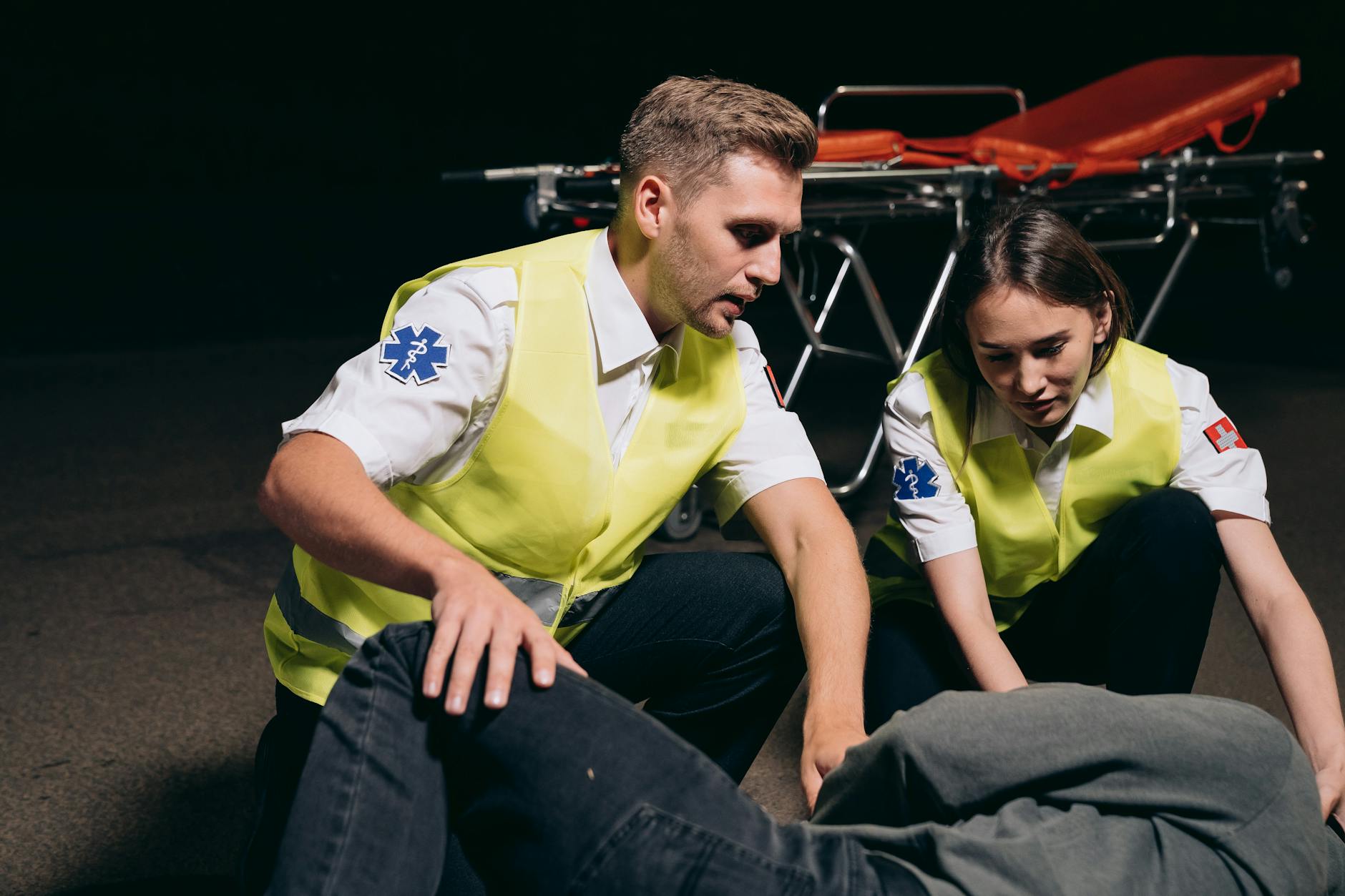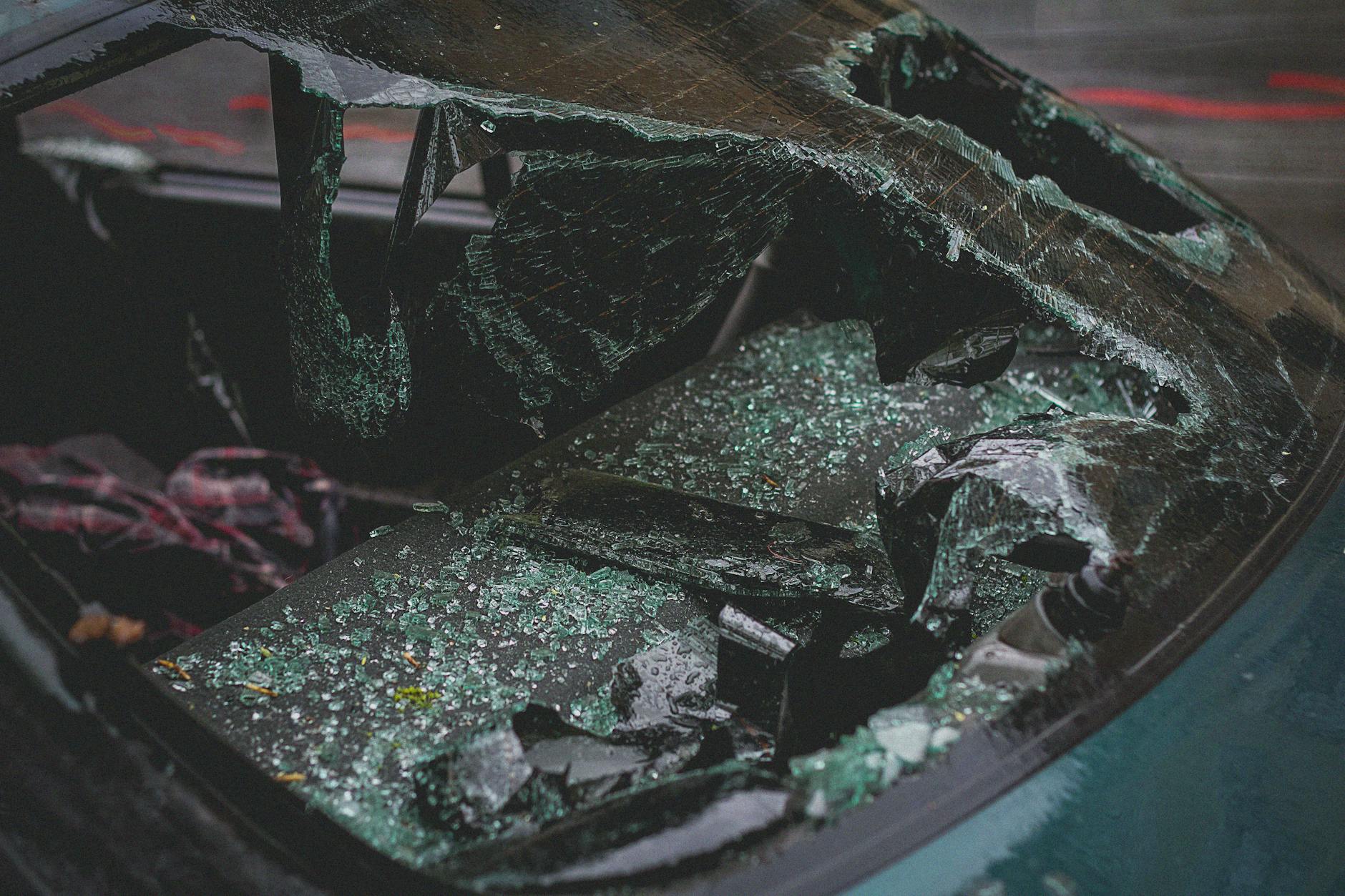

It’s easy to believe everything you hear about car accidents, but not all advice is created equal. Misunderstanding common myths could leave you with more than just a headache—they can lead to financial trouble, legal hurdles, and even long-term health issues. Knowing the difference between fact and fiction is essential to protect yourself and your rights after a crash. In this post, we’ll break down the most widespread misconceptions so you can avoid costly mistakes and make informed decisions when it matters most.
When you’re involved in a car accident, swift decisions can make or break your recovery process—both physically and legally. Unfortunately, some people assume that taking certain steps isn’t necessary, especially when the damage seems minor or they feel fine in the moment. These assumptions can lead to serious consequences down the line. Let’s address two common misconceptions that could cost you more than you expect.
Think a fender bender doesn’t require police involvement? Think again. Even in minor accidents, having a police report is more than just a formality—it’s a protective measure.
Accidents are chaotic, and details can become muddled. By calling the police, you ensure there’s a proper record of what happened. This simple step can save you from financial headaches and protect your rights later.

Photo by Mikhail Nilov
It’s normal to assume you’re fine if you don’t feel immediate pain after an accident. But looks can be deceiving—your body’s adrenaline surge could be masking the full extent of your injuries. Ignoring medical care, even when you “feel okay,” is one of the riskiest choices you can make.
Skipping a medical evaluation not only jeopardizes your health but also undermines your ability to seek compensation if needed. Take it as a small investment in your future wellbeing and financial security.
These steps might feel unnecessary in the moment, but they can make a huge difference down the line. When you approach every accident with these priorities in mind, you lay the groundwork for smoother medical, legal, and financial outcomes.
Many people place unwavering trust in their insurance company after an accident, believing they’ll be treated fairly and compensated fully. Unfortunately, certain myths and misunderstandings about how insurance companies operate can lead to poor decisions that hurt you financially and legally. Let’s clear the air about what you can actually expect and how to protect yourself.
When paying premiums, it’s easy to assume your insurance company is fully on your side if you’re ever in an accident. After all, you’re their customer, right? The truth is, insurance companies are businesses—profit-driven entities that aim to minimize payouts whenever possible.
The key takeaway? Never assume the first offer from an insurer is the best you’ll get. Know your policy, stand firm, and consult a legal or financial professional if you feel overwhelmed by their tactics.
One of the scariest scenarios for any driver is being the victim of a hit-and-run accident. You might think you’re completely out of luck—if no one can track down the other driver, how can you possibly claim damages? Thankfully, you might already have protection in place without realizing it.

Photo by Artyom Kulakov
After any hit-and-run accident, it’s essential to document the scene (photos, witness accounts) and notify your insurance provider as soon as possible. Quick action can make a huge difference in how smoothly your claim process goes.
When dealing with insurance companies, keeping these realities in mind ensures you won’t get sidelined by common misconceptions. Your best defense is staying informed, understanding your coverage, and acting quickly after an accident.
When it comes to car accidents, a lot of misconceptions can steer people away from seeking the help they need. Unfortunately, these myths can leave you vulnerable to unfair settlements or even legal complications. Whether the accident seemed minor or certain details weren’t immediately documented, legal representation can still make all the difference. Let’s explore two of the most common myths about hiring a lawyer after a car accident and why they could cost you.
It’s tempting to think you can handle a minor accident on your own without legal help. Maybe the damage looks insignificant, or both drivers agree to handle it “off the record.” But this mindset can lead to missed opportunities for a fair settlement or unresolved complications down the road.
Skipping legal guidance might look like a way to save money in the short term. But in reality, you risk losing out on the compensation you rightfully deserve for medical expenses, vehicle repairs, or even lost income. Think of it as preventative maintenance for your case—avoiding the small headache today could save you a massive one later.

A common myth is the belief that you can’t seek legal help until you have an official police report. While this document is undoubtedly helpful, it’s not a prerequisite for reaching out to a lawyer. Here’s why:
The takeaway? Don’t wait. Whether or not law enforcement has documented the scene, reaching out to a lawyer early ensures you don’t inadvertently waive important rights or miss crucial deadlines. Missing that opportunity can not only delay your case but also jeopardize your chances of fair compensation altogether.
Some drivers believe they have unlimited time to file an insurance claim or gather evidence after a car accident. Unfortunately, time is not on your side in these situations. Delays can jeopardize your ability to receive fair compensation or even prove your case. Let’s break down the myths about waiting too long into two critical areas.
One of the most damaging misconceptions is the belief that you can file your insurance claim whenever you’re ready. The reality? Deadlines exist—and they matter. Most insurance companies require you to notify them within a specific window, often as short as 24 to 72 hours after the accident. Beyond these initial deadlines, states also impose statutes of limitations for filing lawsuits, which can range from one to a few years, depending on where you live.
So why is acting quickly critical?
Imagine your claim is like a car engine. Without timely maintenance, it falls apart under pressure. Filing on time ensures everything runs smoothly, leaving no space for doubt or complications from insurers.
Another common myth is that gathering evidence after a car accident isn’t urgent. This mindset can seriously hurt your claim. Evidence like photographs, witness statements, and physical damage to your vehicle are the puzzle pieces that prove what happened—and they don’t last forever.
Think of evidence as ice on a hot day—it evaporates if ignored. Taking photos, securing witness information, and documenting damages immediately after the accident will preserve the details you need.

Photo by cottonbro studio
Timing is everything when it comes to car accident claims. Delays can unravel the truth, leaving you with fewer options and less protection.
Believing car accident myths can jeopardize your health, legal rights, and financial stability. Small misconceptions, like skipping a police report or trusting insurance blindly, have lasting repercussions. Taking action promptly—seeking medical care, consulting a lawyer, and documenting everything—ensures you’re protected.
Staying informed empowers you to make better decisions during an already stressful time. Don’t let false assumptions cost you more than they should. Prioritize your safety and rights, and pass on this awareness to others who might need it. What’s one step you can take today to be better prepared?
